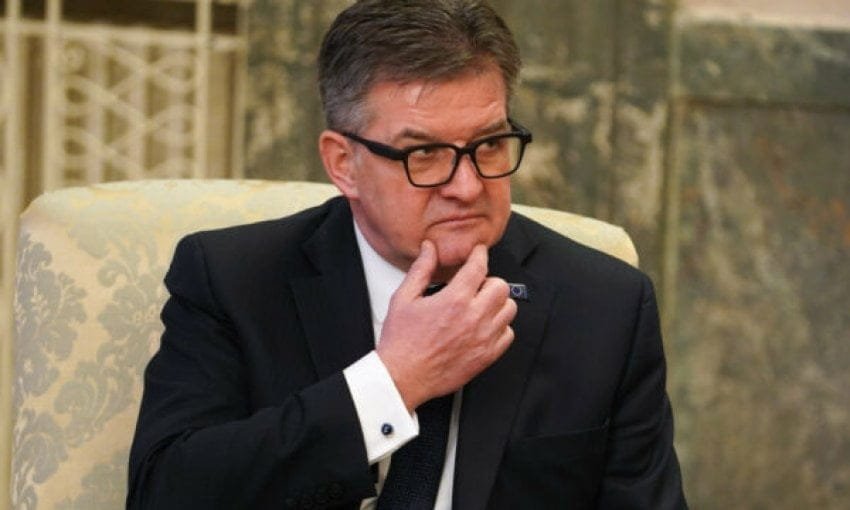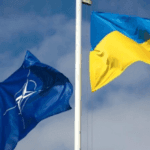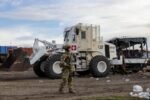Despite taking responsibility for the attack in Banjska, Milan Radojičić remains free. This has raised questions regarding why there are no measures against Serbia.
Miroslav Lajčak, asked about this today in Pristina, indicated that EU member states need to be consulted on this matter. “This is a decision made by the departments of the states; you need to ask the member states. But my opinion is to hold individuals accountable,” he stated.
Kosovo has demanded that Serbia hand over Radojičić to Kosovar authorities so he can be judged for his terrorist actions. Radojičić is also wanted by Interpol. On September 24, he led an armed attack in Banjska, resulting in the death of a Kosovo police officer and three attackers.
Despite these serious accusations, Serbian authorities detained Radojičić briefly but released him under conditions preventing him from leaving Serbia. Serbian Prime Minister Ana Brnabić has promised a thorough investigation but emphasized the legal limitations on extradition.
The European Union has urged Serbia to cooperate with Kosovo’s investigation. Peter Stano, the EU spokesperson, emphasized that Serbia must assist in the investigation unconditionally. The EU may consider further actions based on the investigation’s findings, which could include potential measures against Serbia.
Radojičić’s case highlights the complex political and legal landscape in the Balkans, with Kosovo accusing Serbia of supporting terrorist activities while Serbia maintains that the attackers were acting independently.







